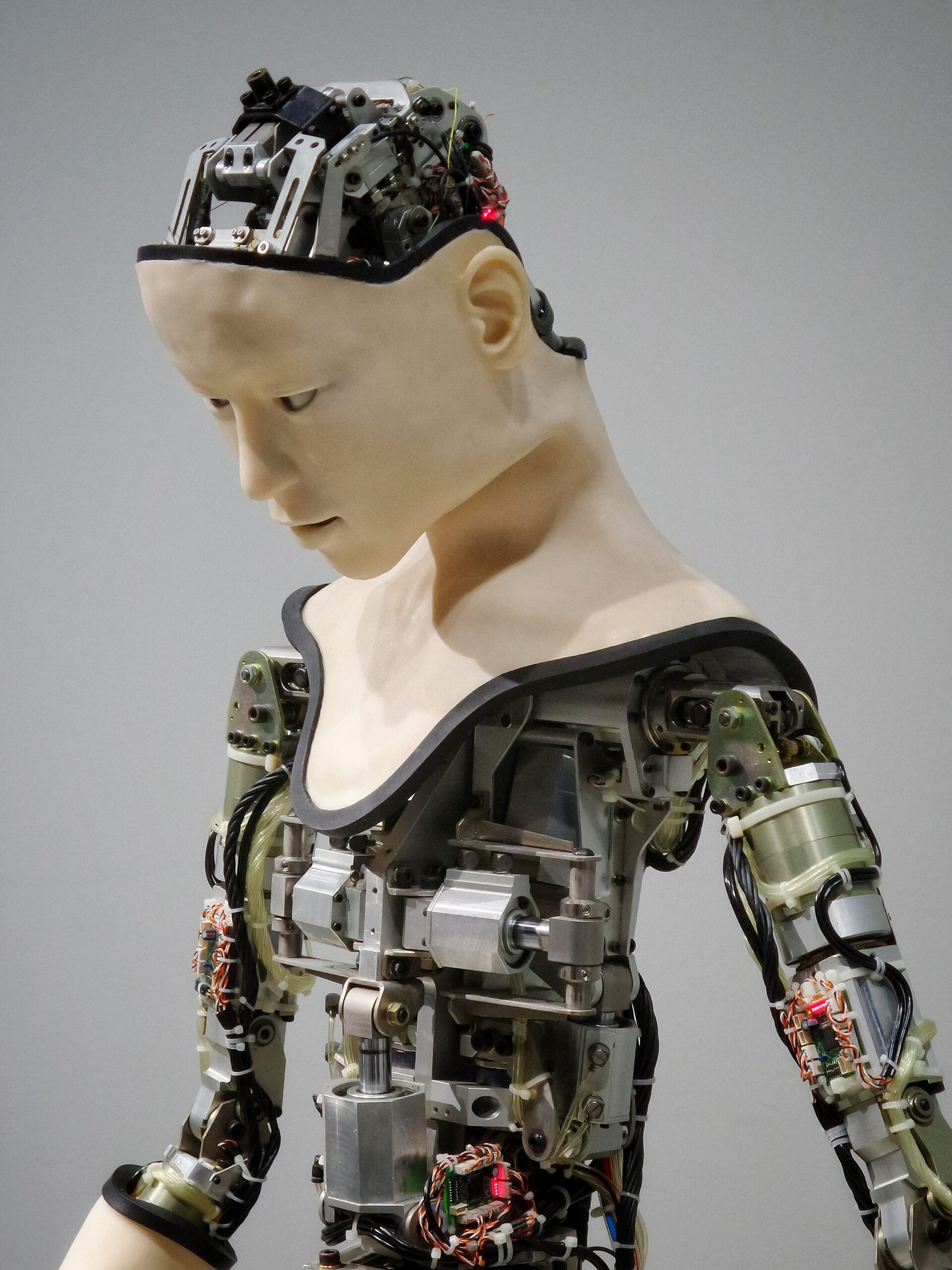In recent years, artificial intelligence (AI) has emerged as a powerful tool that has the potential to reshape various industries and enhance human potential in unimaginable ways. As technology continues to advance at an unprecedented pace, it is becoming increasingly clear that AI will play a significant role in our future.
One of the key areas where AI is set to make a profound impact is the healthcare industry. With the ability to analyze vast amounts of medical data quickly and accurately, AI-powered systems can help doctors make more informed diagnoses and treatment plans. Additionally, AI-powered robots can assist in surgery, increasing precision and reducing the risk of human error. This could lead to improved patient outcomes and decreased healthcare costs.
Another industry that stands to benefit greatly from AI is manufacturing. By incorporating AI into production processes, manufacturers can optimize efficiency and reduce costs. AI-powered robotics can perform complex tasks with greater precision, speed, and reliability than human workers. This not only leads to increased productivity but also frees up human resources for more creative and strategic roles.
AI is also revolutionizing the transportation industry. Self-driving cars are becoming a reality, promising safer and more efficient roadways. These autonomous vehicles use AI algorithms to monitor their surroundings, make decisions, and navigate through traffic. By eliminating human errors and providing a seamless transportation experience, self-driving cars have the potential to reduce traffic congestion, decrease accidents, and lower greenhouse gas emissions.
Education is another sector that can benefit from the integration of AI. Intelligent tutoring systems can personalize learning experiences, adapting to each student’s pace and individual needs. AI-powered virtual assistants can also provide real-time assistance, answering questions and guiding students through complex tasks. This individualized approach to education can increase engagement, improve outcomes, and create a more inclusive learning environment.
Despite the immense benefits that AI can offer, it is crucial to address potential concerns and ethical considerations. The impact of AI on jobs and the economy is a major concern, as automation threatens to replace certain professions. However, it is important to note that AI also creates new job opportunities and can augment human capabilities rather than outright replace them. Moreover, ethical considerations surrounding data privacy and algorithm biases must be carefully addressed to ensure AI development and deployment contribute to a fair and just society.
In conclusion, the future of artificial intelligence holds great promise in transforming industries and enhancing human potential. From revolutionizing healthcare and manufacturing to revolutionizing transportation and education, AI has the power to optimize processes, improve outcomes, and create new opportunities. However, it is essential to navigate the technological advancements responsibly, considering the potential challenges and ensuring that AI serves the best interests of humanity.

